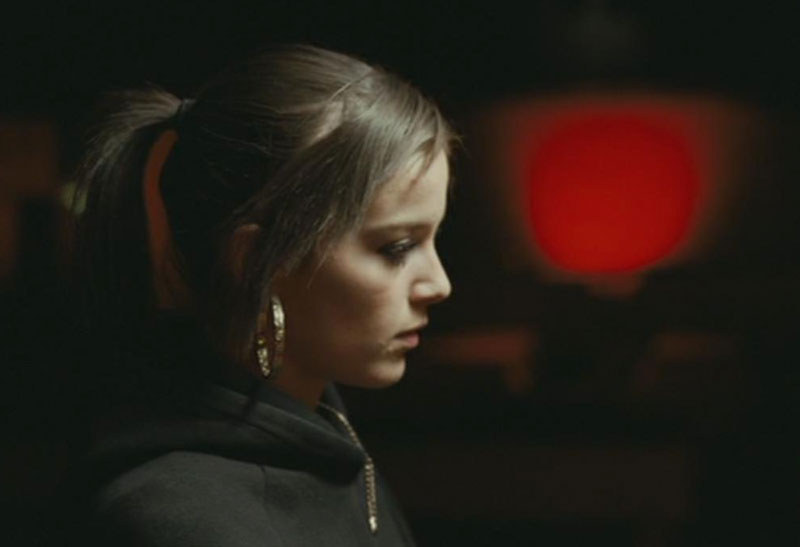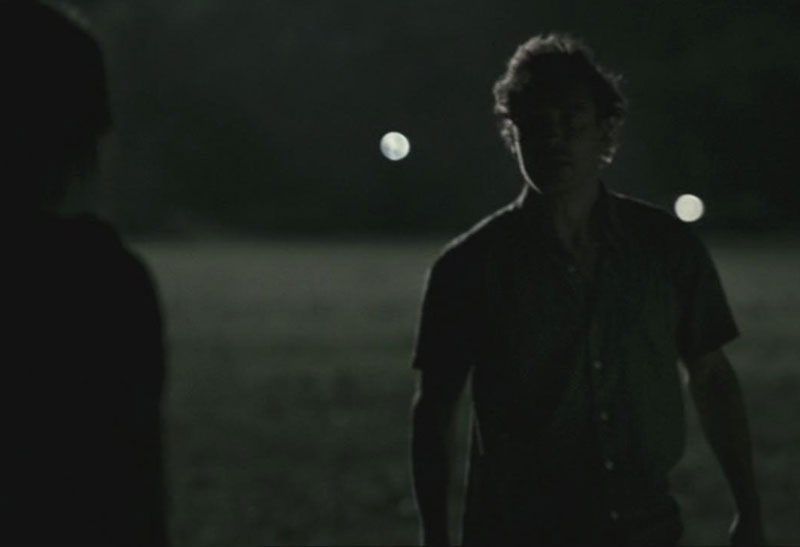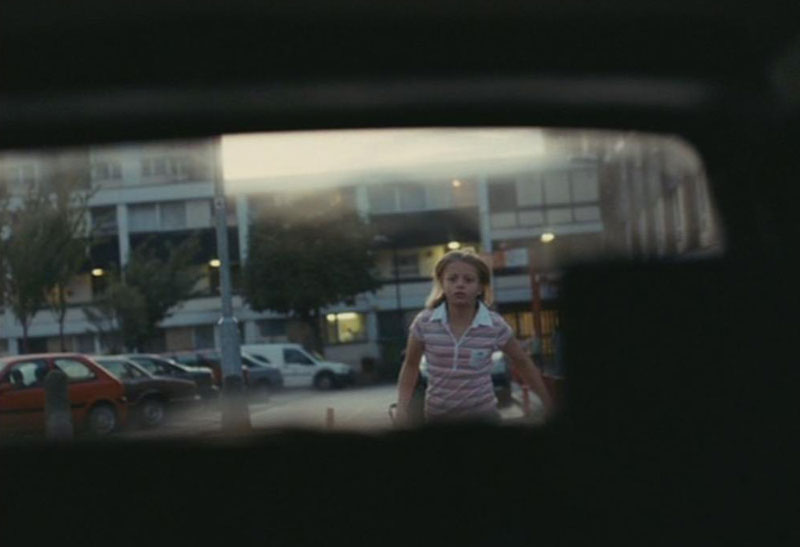
|

|

|

|

|

|

|

|

|

|

|

|


ON INSTINCT
It's curious to note that while Arnold's film refuses to adhere to the cliches of rags-to-riches showbiz aspiration, her lead actor ended up going though a watered-down version of that same experience. Arnold who had an early brush with fame herself during the 1980s, when she was a presenter on kid's TV – clearly took her responsibilities seriously, but even she couldn't protect Jarvis beyond the limits of the shoot. "We all rallied round to take care of her," Arnold says. "She used to moan about having a load of mothers, because we all used to say, 'Did you eat your lunch? Did you sleep last night? Did you get to bed nice and early?" So she got lots of fussing. In fact I worried about her once it finished, because I though, how must it have been to have had all that fussing and then for it to stop? It must have been quite strange."
Arnold's unwilling, though, to explore the relationship between her work and her own experiences, or indeed to explain or justify anything in her films. "I don't like to say what I think," she says at one point. "I'm reluctant to dot the 'I's and cross the 'T's. The ambivalence is deliberate. There's a lot of stuff going on in my unconscious that I don't fully understand myself."

Her instinctive methods of working bear this out. "I try not think," is how she puts it. "Thinking is the enemy. If you think, you judge, and you have to not judge your characters. You have to let them live, and if they do something that you find a bit difficult, then so be it. The best thong is if they take you on a journey. If you have to push them around and make then do things and you're thinking about it, for me that's the worst place – that's where you get stuck because you have many choices."
Clearly, despite her careful control of the shooting process, there's a part of her that resists the role of film-maker as omniscient puppeteer; instead, her work constantly returns to the dangerously conflicted connection between watcher and watched, and the transfer of power within that exchange. This was an overt theme of Red Road, which explored surveillance as a metaphor for emotional distance, but it's also there in Fish Tank, particularly in the disturbing, increasingly intimate gaze of Connor, the older man who takes an interest in Mia's future. "I'm a big watcher, actually," says Arnold. "I will sit on a bus or a train and sit and watch someone opposite me. The other day I saw a boy on a train who looked very troubled and haunted – he was quite young and very skinny and looked a bit wild. And my mind is just racing about this boy and who he is and what's going on with him right now. Because he looked like his mind was just full of stuff, and you just think, where has he come from, what's happened, has he killed his girlfriend or has he run away from home or has he had a fight or is he about to have a fight? I'll go off and write a whole thing about him."
Arnold's films may be full of ambiguity, but she's crystal clear about the direction she wants to go in, and grateful that the critical acclaim she's received – two Cannes Jury Prizes, an Oscar in 2005 for her short Wasp, not to mention a shower of other awards – has enabled her to explore her ideas rather than tread water while she waits for funding or, worse still, be forced into the straitjacket of commercialism. If she has her way, her films will stay small, intense and heartfelt. "Filmmaking is such a lengthy process, but within that it's still possible to be instinctive" she says. "When we shot the last scene of Fish Tank, we were literally on the last day, and we had no time at all to shoot it, and then a black cloud came over and rained on us, and the light was also going, and we ended up with 30 minutes to shoot the whole scene. Everything was one take and quick and grabbed and snatched, and I honestly though we'd be going back to reshoot it because I didn't think we'd done enough. But that bit is actually rather beautiful."

"If I want to do anything or explore anything as a film-maker, I'd like to find a way of being even more like that of I could," she concludes. "I don't know quite how that would work, but there must be ways. What if I did a whole film where I just did one-takes? Something very real and raw would have to happen..."
